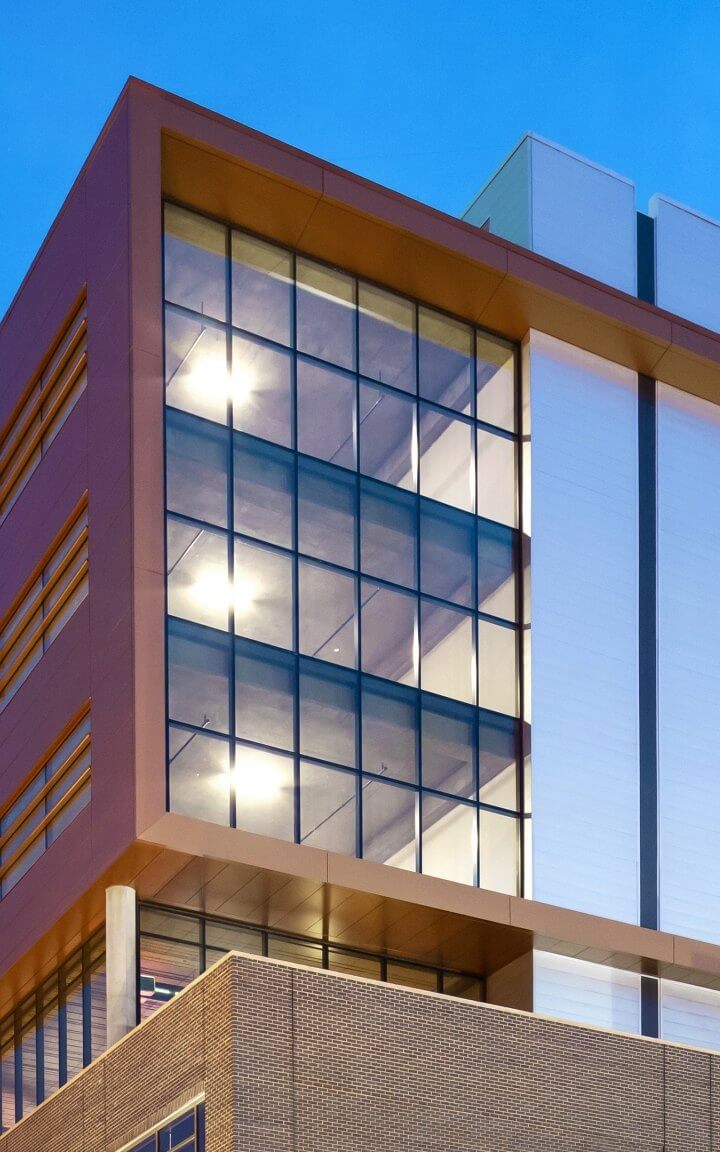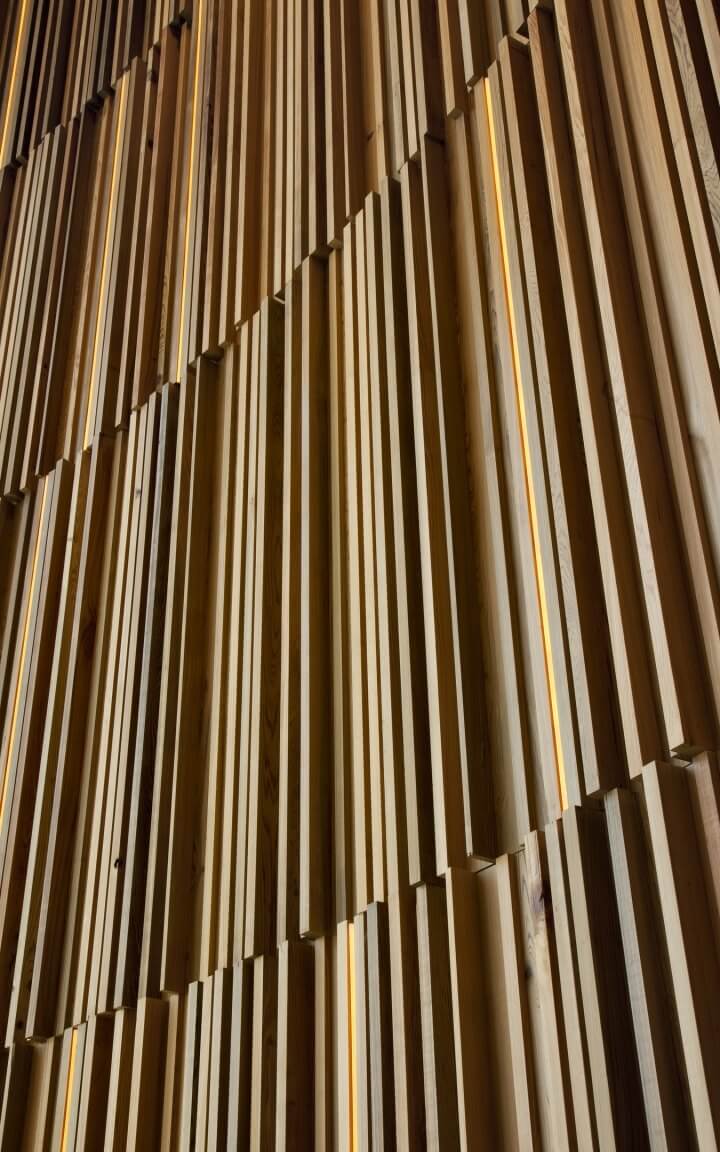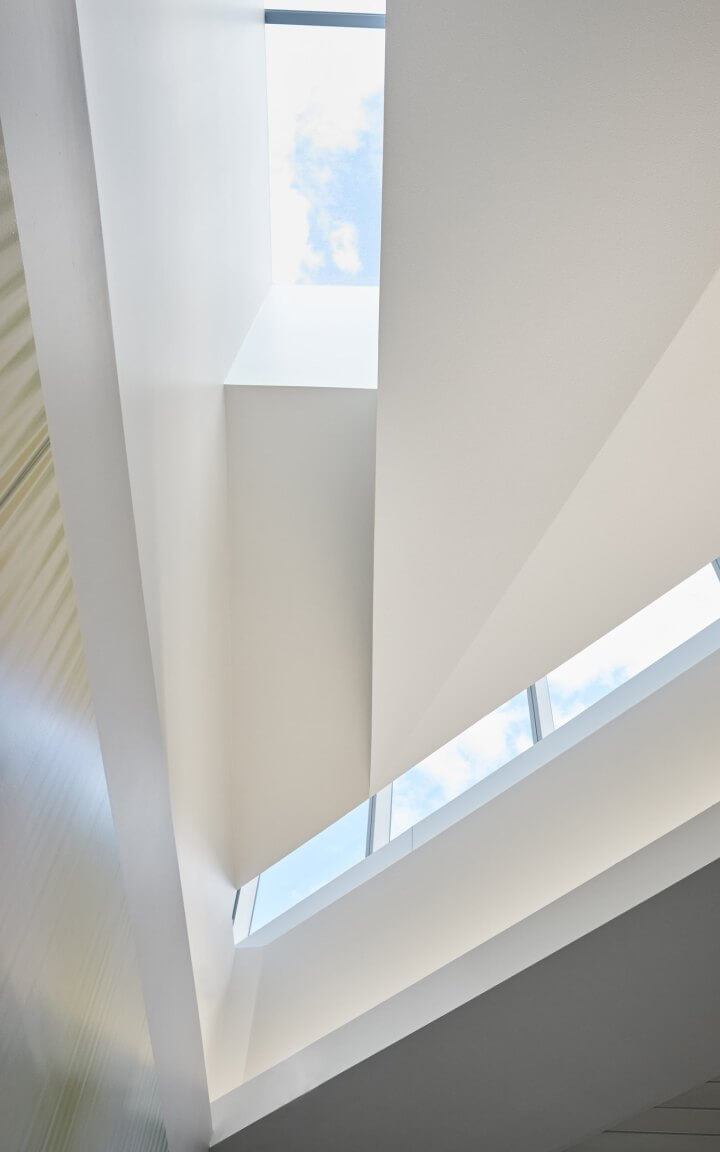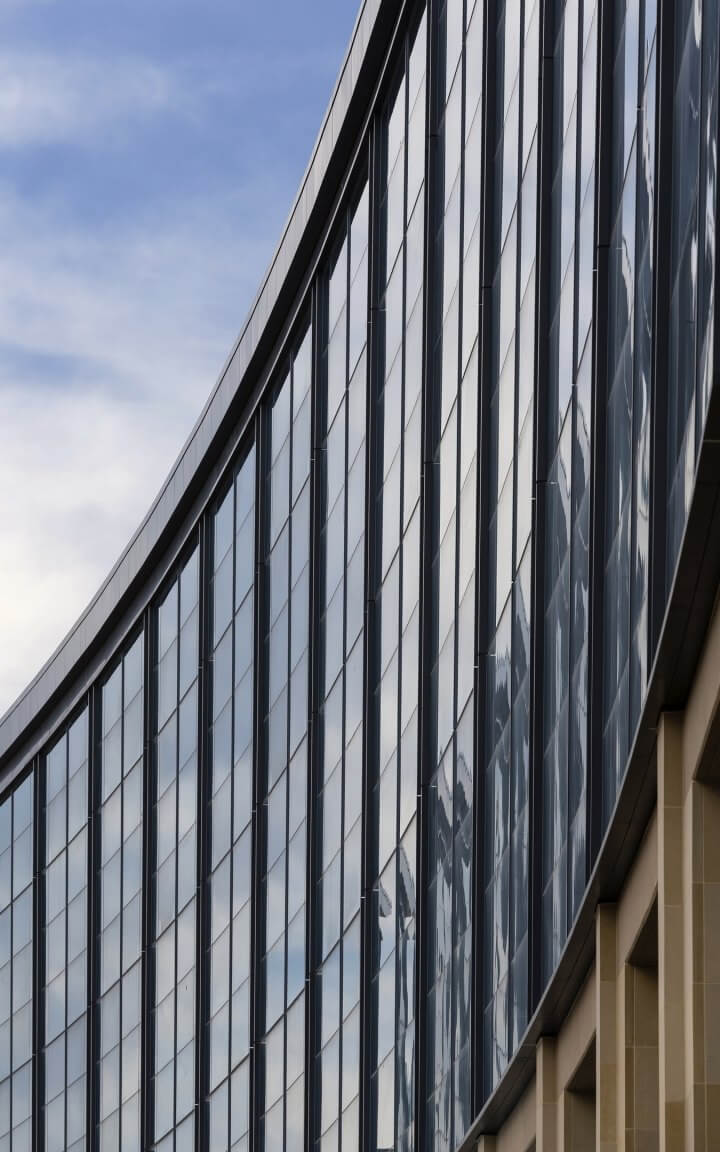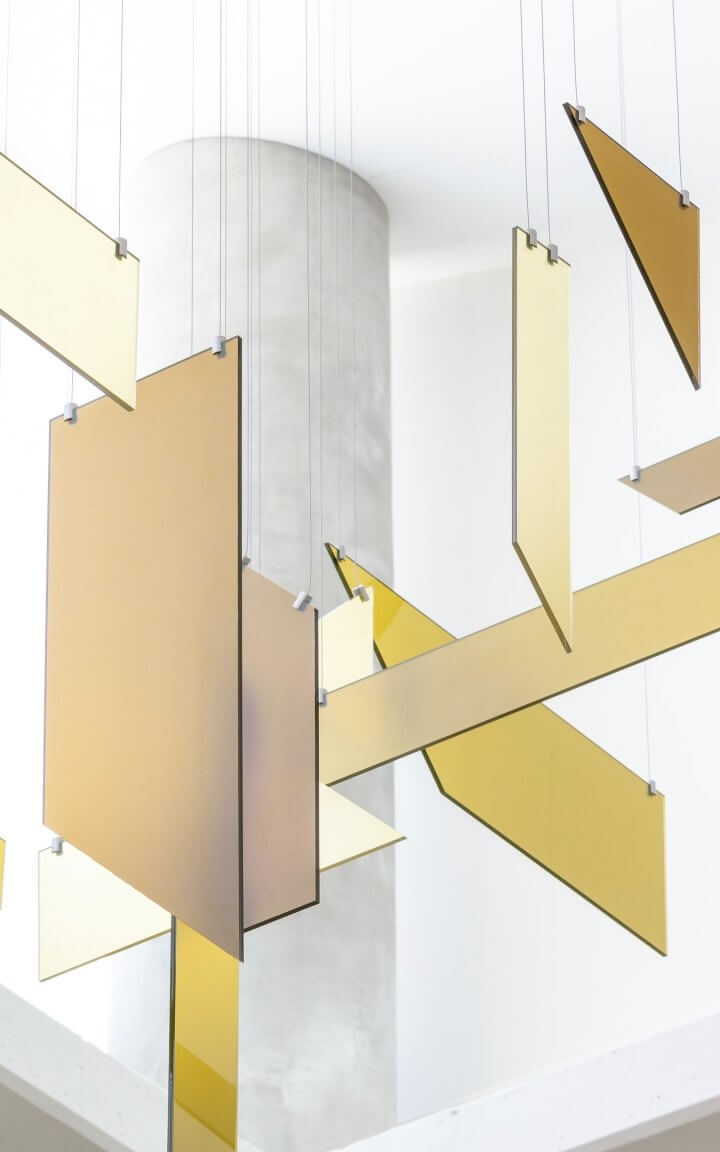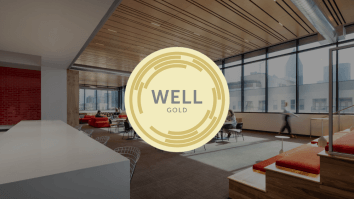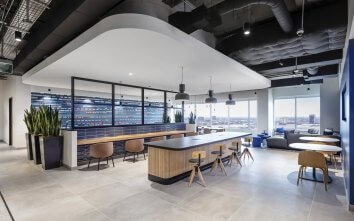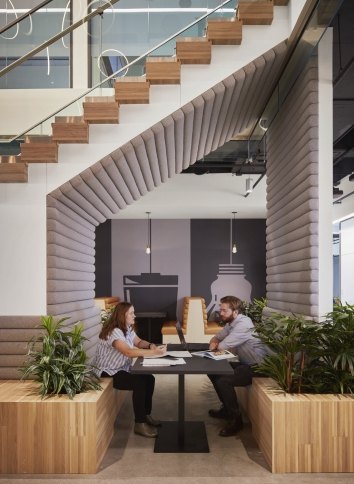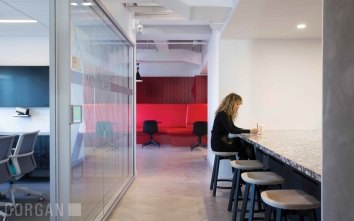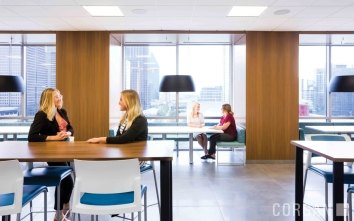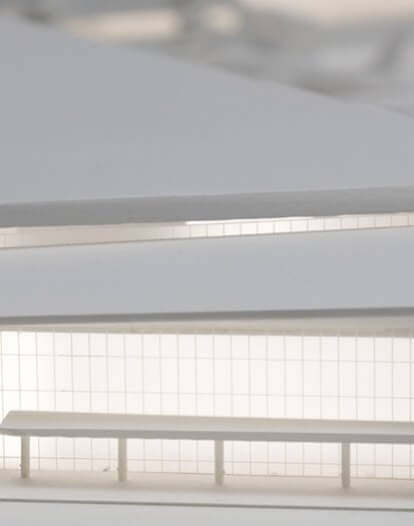The Evolution of WELL
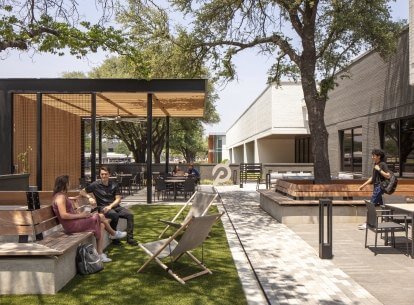
It’s the way places make us feel that attract us to physical spaces—their power to improve our mental health, encourage human connection, refresh our wellness, expand our experiences, and enrich our life. People were not designed for a life behind the screen, yet as more and more of our life moves to virtual or hybrid settings, the challenge remains for physical places to care for the core things that make us human—face-to-face interactions, movement, access to nature, and more.
In the same ways that LEED measures the impact of the physical building on the surrounding environment, WELL provides a scientifically-based measurement to evaluate the impact of a building on the people and culture inside. Join us as we explore the evolution of WELL and how these principles fit into our hybrid world—activating the office as a recruitment tool, transforming educational spaces to promote overall well-being, and challenging design to probe the power and possibilities of a more-human centric design in our modern, dynamic world.
